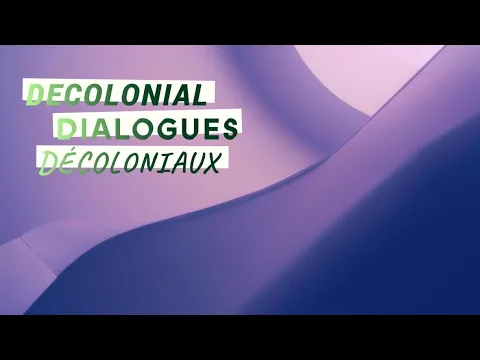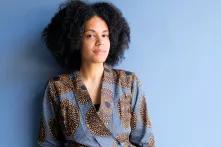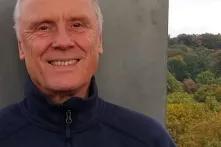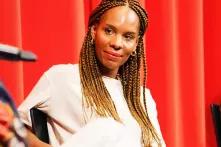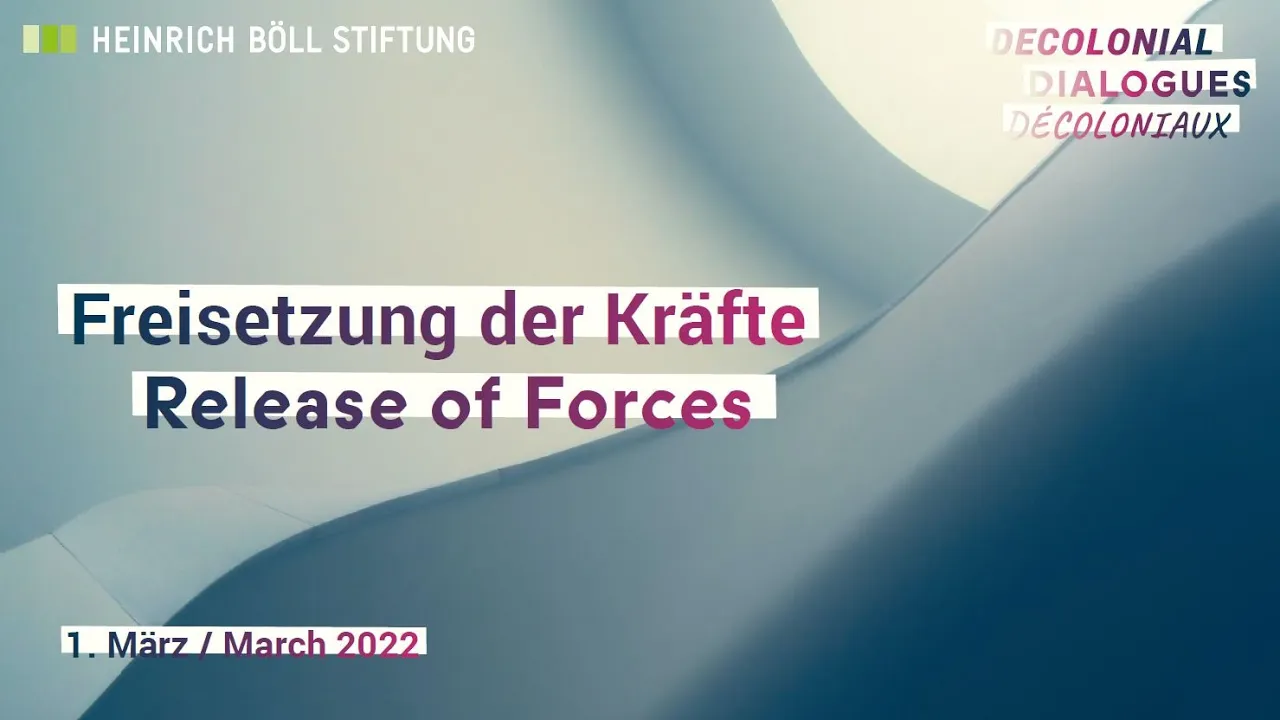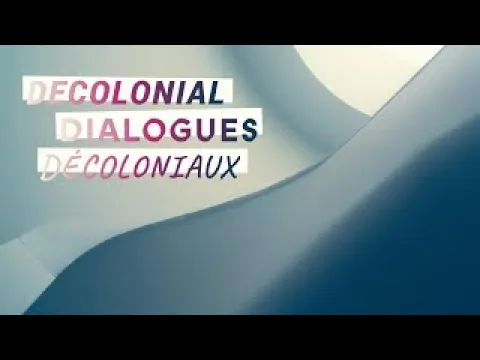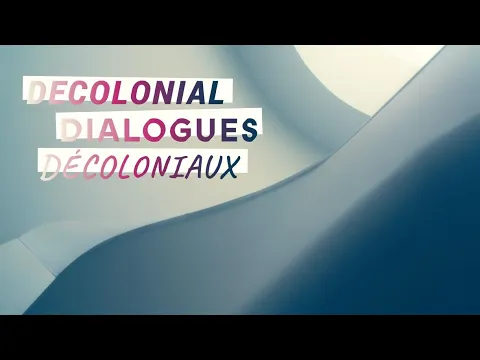Decolonial Dialogues
Towards a New Relational Ethic between Africa and Europe
To this day, colonialism – as a system of injustice and its consequences – continues to shape the relationship between Africa and Europe. Dealing with this colonial legacy is a multi-layered, often contradictory, and above all open process. Unfortunately, it is still in its infancy in terms of receiving a broad public and political reception in Germany. Against the background of a centuries-old entangled history between the two continents, systemic decolonisation can only succeed as a joint effort.
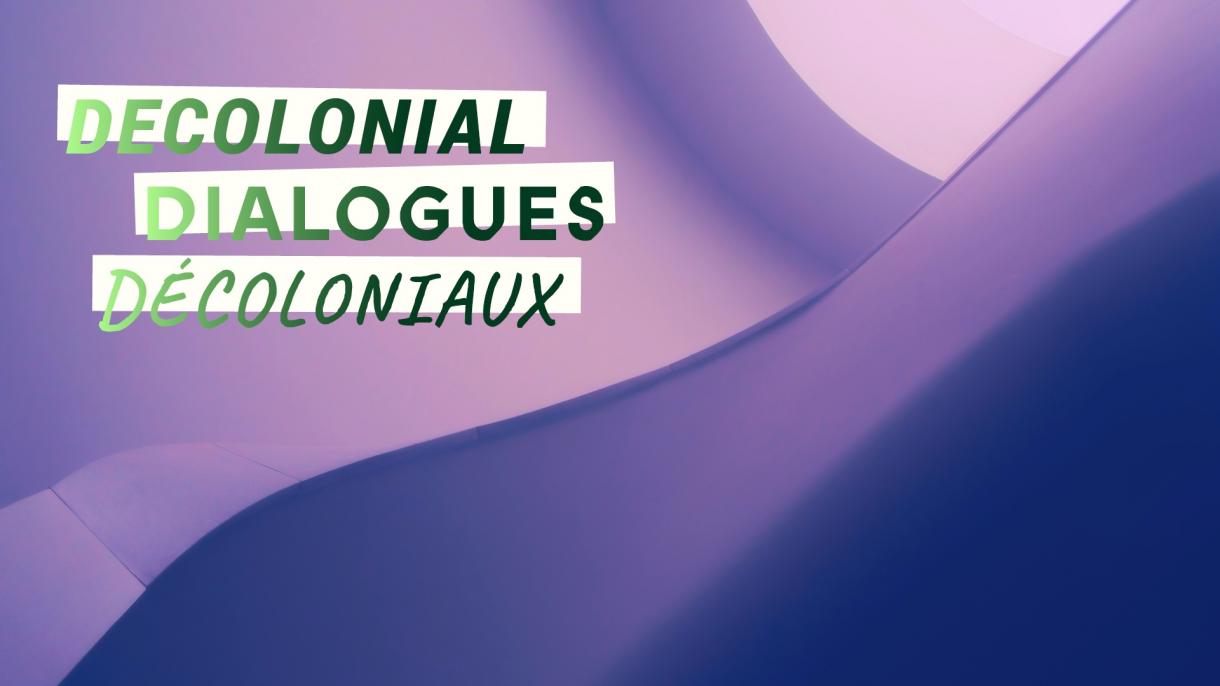
4-part online series 2023
After the introductory session on the content and direction of decolonisation, it will be about cooperation after the restitution of colonial looted property.
The third discussion asks about fair conditions for reciprocal mobility between the continents. The last dialogue of the series deals with African and European attitudes towards the
human-nature relationship.
Events
I Decolonisation in Europe and Africa: How does it work?
Wed, 15 March 2023, 5-7pm
The discussion will focus on goals and steps for the transformation of colonially shaped structures both in the formerly colonised societies and in the former colonial powers. Where are there agreements, where are there differences in European and African debates, depending on location and topic? What practical steps can we take together in transcontinental solidarity? And finally: How do we deal productively with differences and generate social support for our cause?
with
- Prof. Mame-Penda Ba, Gaston Berger University, Saint-Louis / Senegal
- Hamado Dipama, Umbrella organisation of the integration advisory boards in Bavaria / Germany
- Dr. Philmon Ghirmai, State Chair Alliance 90 / The Greens Berlin
- Dr. Mahret Ifeoma Kupka, art scholar / curator, Museum für Angewandte Kunst, Frankfurt a. M.
- Nicholas Calvin Mwakatobe, filmmaker & photographer (e.g. „Vinyago“), Dar es Salaam / Tanzania
Moderation: Aisha Camara
Stream recording from 15.3.2023
Language: English
Language: French
Décolonisation en Europe et en Afrique : Comment ça marche? - Heinrich-Böll-Stiftung
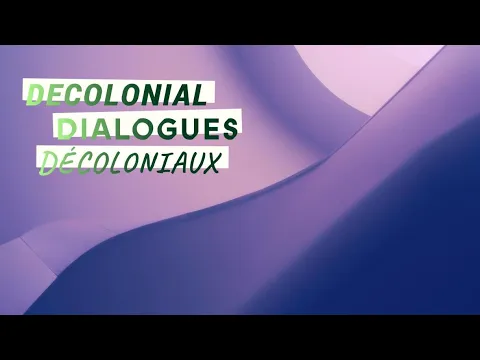 Watch on YouTube
Watch on YouTube
II Restitution as an end or starting point: What happens after the return?
Thursday, 11 May 2023, 5-7 p.m.
Return of ancestors and restitution of stolen cultural property are important steps towards coming to terms with colonial injustice. But restitution should not be the end point of the entangled history of survivors and descendants of perpetrators, but should enable the transition to a new relational ethic. What needs to happen for politics, museums and the public in Europe to move in this direction? What expectations do the communities of origin and their governments have of the former colonial powers for the time after restitution? And how can future-oriented cooperation grow out of such processes?
With
- Molemo Moiloa, artist, Museum Futures Africa, Open Restitution Africa, South Africa
- Sylvie Njobati, restituition activist / founder Sysy House of Fame, Cameroon
- Dr. Oluwatoyin Zainab Sogbesan, architect, cultural historian, art and heritage specialist, and museologist, Nigeria
- Dr. Richard Legay, senior researcher, Arnold-Bergstraesser-Institut, Germany
- Prof. Dr. Andreas Mehler, director, Arnold-Bergstraesser-Institut, Germany
- Dr. Mahret Ifeoma Kupka, art scholar / curator, Museum für Angewandte Kunst, Frankfurt a. M.
Moderation: Aisha Camara
Stream recording from 11.05.2023
Language: English
Restitution as an end or starting point: What happens after the return? - Heinrich-Böll-Stiftung
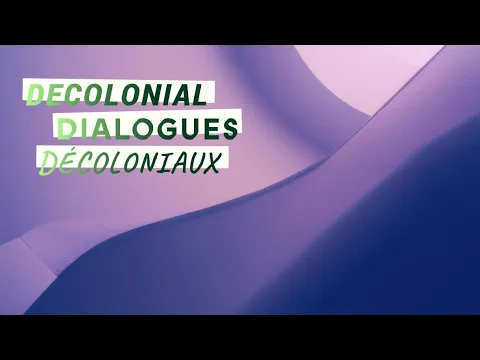 Watch on YouTube
Watch on YouTube
Language: French
La restitution comme point final ou point de départ : que se passe-t-il après le retour? - Heinrich-Böll-Stiftung
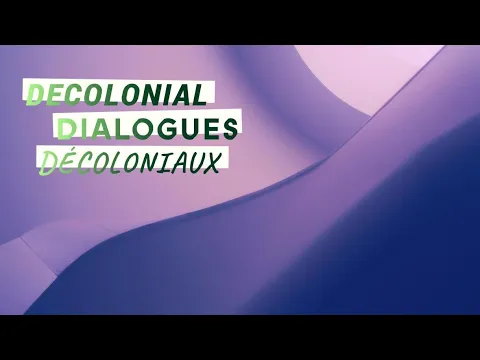 Watch on YouTube
Watch on YouTube
III Transcontinental mobility: How much encounter does decolonisation need?
Monday, 19 June 2023, 5-7 p.m.
A new relational ethic between Africa and Europe presupposes that people from both continents can meet under more favourable conditions. While people from Europe can travel to the neighbouring continent largely unhindered, the reverse route is often arduous and costly for African people. Moreover, it often leads to visa rejections under humiliating circumstances. What needs to be done to ensure opportunities for mobility and cooperation? What can be concretely improved?
Jetzt anmelden!With
- Prof. Dr. Albert Gouaffo, Université de Dschang, Cameroon
- Dr. Mahret Ifeoma Kupka, art scholar / curator, Museum für Angewandte Kunst, Frankfurt a. M.
- Wale Lawal, Editor-in-Chief, The Republic Magazine, Nigeria
- Tiaji Sio, Diplomats of Colour, Federal Foreign Office, Germany
Moderation: Aisha Camara
Nature conservation and resource exploitation in a (neo-)colonial context
Thursday, 21 September 2023, 5-7 p.m.
The industrialisation of the Global North, which has played a significant role in the climate crisis on its current scale, would not have been possible without the (violent) exploitation of the natural resources of the Global South. At the same time, nature conservation was an integral part of the colonial project. The "preservation of nature" in its "wild" state served to secure power and was closely linked to land grabbing, expulsion and oppression.
Both continue to have a massive impact today and still shape local landscapes and European-African relations. In our last event, we would like to get to the bottom of this and, in our dialogue, find a common starting point for the global fight against the climate crisis.
Jetzt anmelden!With
- Dr. Shruti Nath, Climate Analytics, Berlin
- Prof. Dr. Aby Sène, Clemson University, USA
- Dr. Bernhard Gißibl, Leibniz Institute of European History, Mainz
- Dr. Philmon Ghirmai, State Chair Alliance 90 / The Greens Berlin
Moderation: Aisha Camara
Stream recording from 21.09.2023
Language: English
Transcontinental mobility: How much encounter does decolonisation need? - Heinrich-Böll-Stiftung
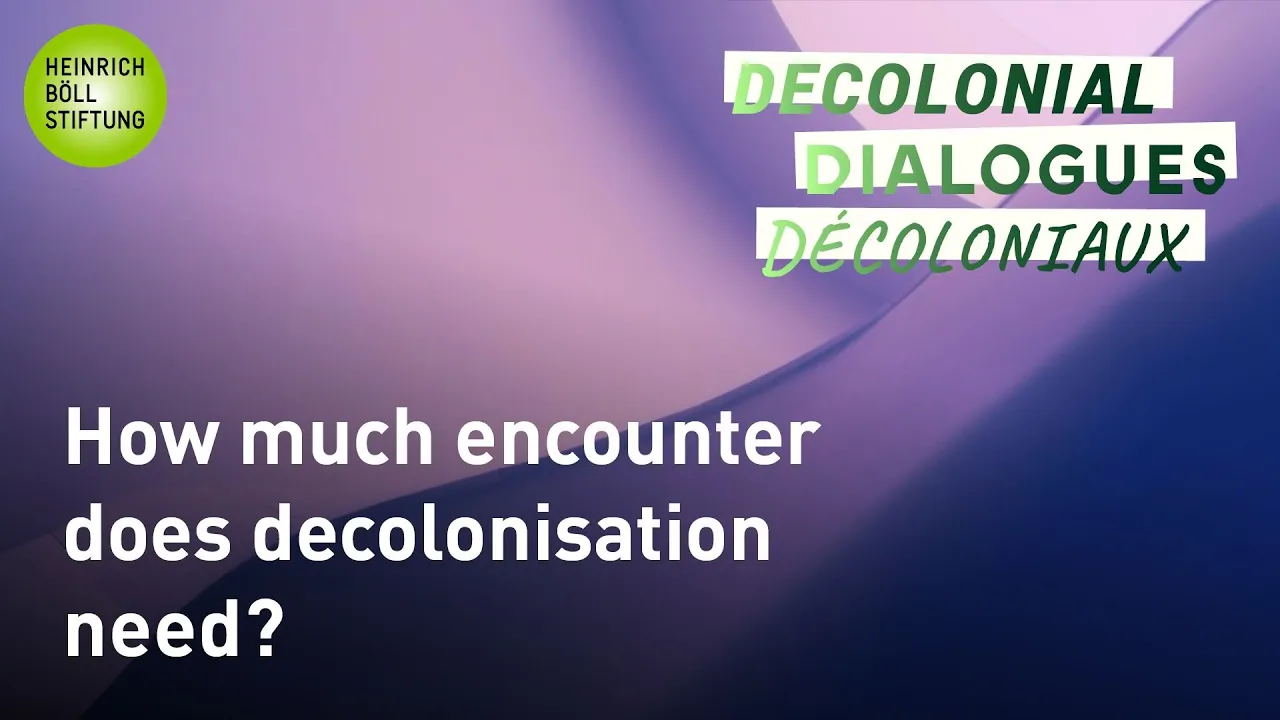 Watch on YouTube
Watch on YouTube
Language: French
Mobilité transcontinentale: Comment les Africains et les Européens peuvent-ils se rencontrer? - Heinrich-Böll-Stiftung
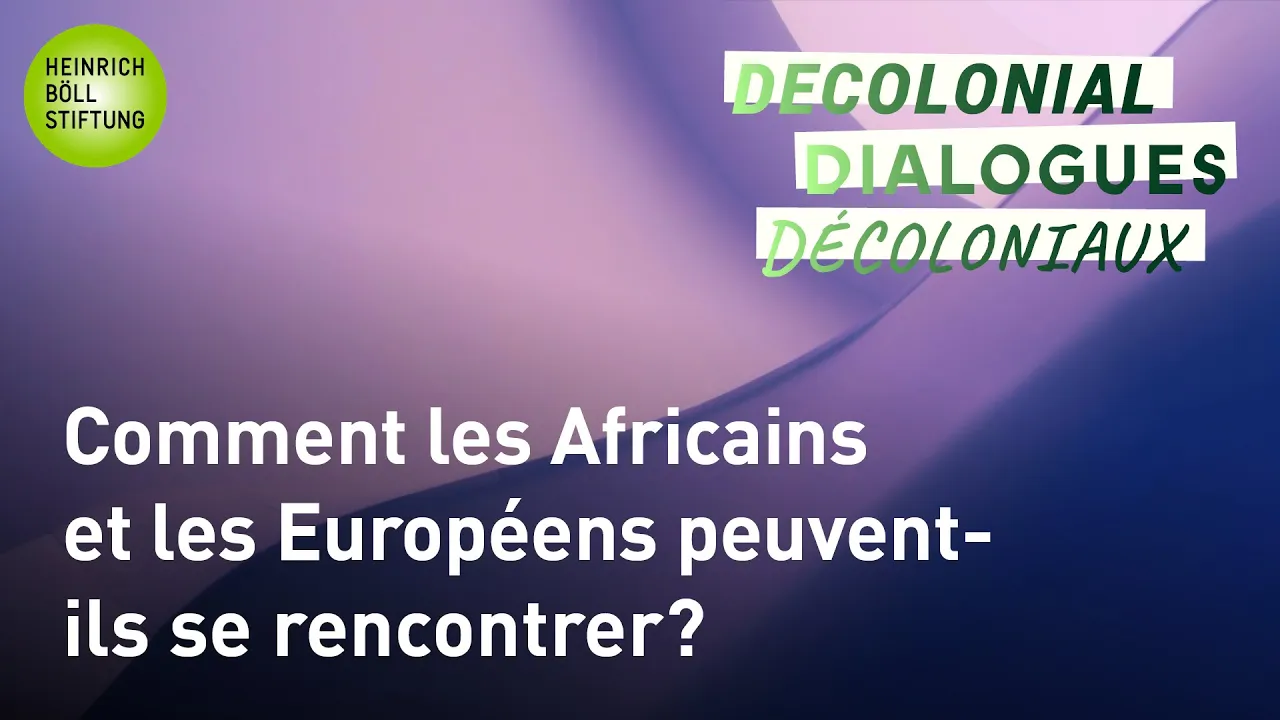 Watch on YouTube
Watch on YouTube
